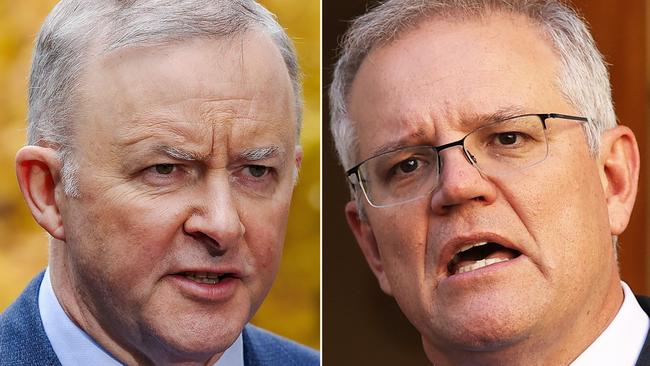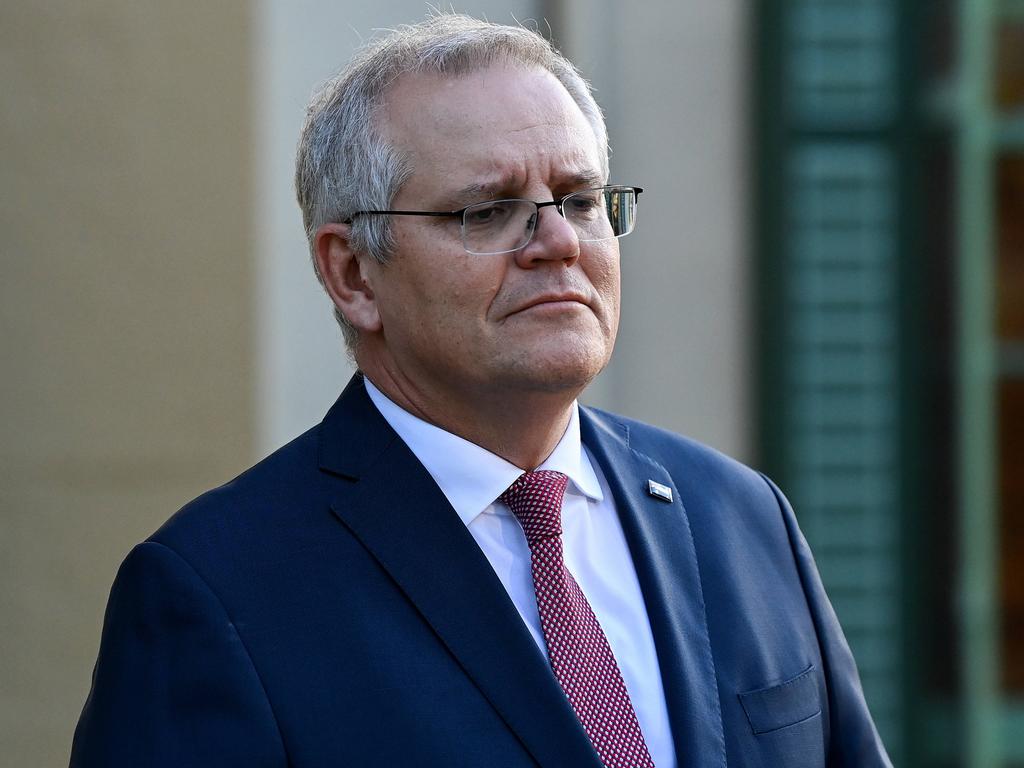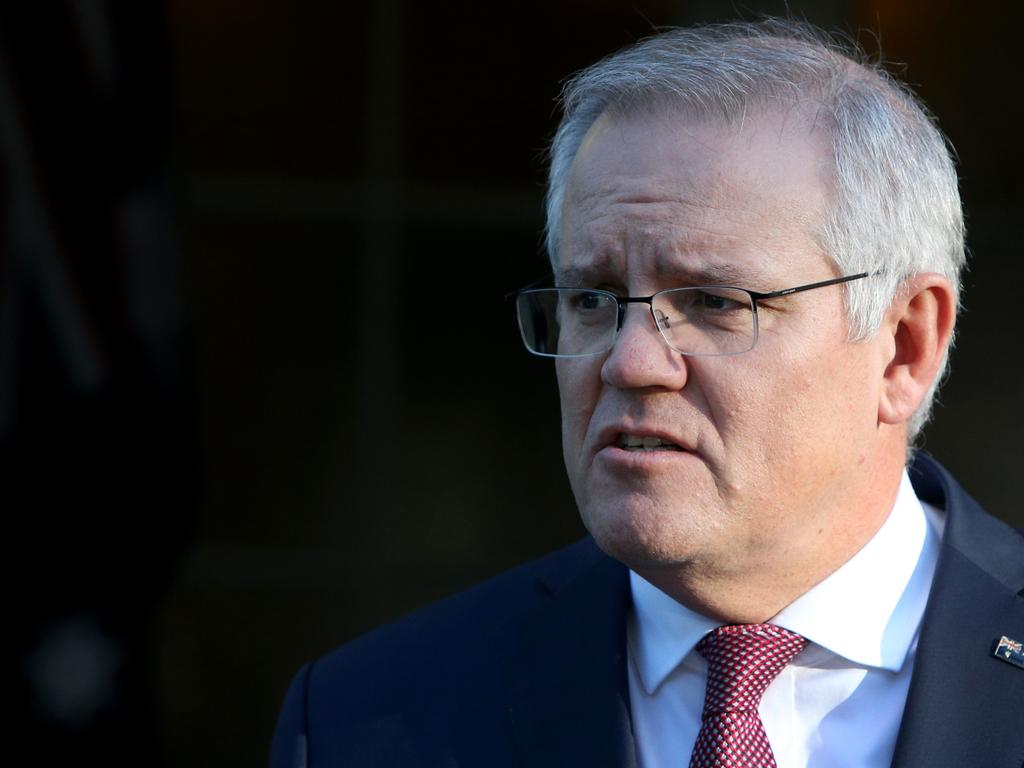
Labor leads on the two party vote 53-47 per cent. For context that’s roughly the same margin John Howard defeated Mark Latham by in 2004: a landslide to be sure.
The Coalition’s primary vote has dipped to 39 per cent. The consensus in conservative circles is that they can’t win elections with less than 40 per cent primary support. Howard did so in 1998 but unusually so, winning that poll with just 48.9 per cent of the two party vote.
While Morrison continues to lead Anthony Albanese on net satisfaction and better PM ratings, his support has waned. Morrison’s net satisfaction rating dipped from positive 14 to positive six over the last three or so weeks. His 20 point lead as better PM is now an 18 point lead.
All the data is trending in the wrong direction for the government, as Australia’s two largest cities languish in lockdowns Labor says is Morrison’s fault — courtesy of the slow vaccine rollout and hotel quarantine failures.
However, this Newspoll may be a false dawn for the Labor opposition. Morrison and the conservatives still have the whip hand at the next election. And they won’t mind a poll like this removing complacency in Coalition ranks.
To be sure, Australian politics is delicately balanced right now. People are reevaluating how they feel about their government and PM. But with the timing of the election in Morrison’s hands, and no need to head to the polls until May next year, the Coalition has time to repair the damage.
Firstly, the Olympic Games will be a nice nationalistic circuit breaker for the government come the end of this month. News therefore dominating which isn’t pandemic related. At the end of a month or so of Olympic coverage Australia’s vaccination rate will have edged significantly north. We will likely overtake a number of nations currently being lauded as bettering our performance.
A million Pfizer doses a week will keep arriving and going into arms. Concerns about the slow rollout will be begrudgingly replaced by acknowledgment we are on track for a fully vaccinated nation by years end, or soon thereafter.
By the time the Olympics are over football finals will give way to a summer in which lockdowns will have lifted and life returns to normal. The economic fallout from lockdowns may be profound, but when it comes to arguing for which side of politics is better placed to manage that, it’s hard to see Labor winning the day.
Fairly or not, polling consistently tells us the Coalition are overwhelmingly seen as the better economic managers. And news in the first half of next year will start to focus on Josh Frydenberg’s budget. He’s successfully used the stage in the past to pump up the Coalition’s fortunes and he’ll likely do so again.
Once we move into 2022 the election year will see the parties focus on key seats, which highlights that at the micro level the government is better placed to win a campaign ground game. More money, an experienced campaign director in Andrew Hirst. A PM for whom campaigning is second nature. Unless there is a large scale macro move against the government as it seeks a fourth term in office, and if the Coalition is within striking distance when an election is called, it will likely come over the top of Labor.
Labor holds 68 seats, 69 if you count the notionally Labor held seat created in Victoria at the recent redistribution. That leaves them needing to win eight seats to form majority government, but there are a number of Labor held seats on the Coalition’s radar it might lose, increasing Albo’s degree of difficulty.
While the Coalition needs to pick up seats to secure a fresh majority, it could win an election as a minority government with cross bench support. We can’t discount the potential for another hung parliament after the next election. Even the mere threat of such an outcome could be used by the Coalition to harden up its support in a campaign.
Finally, Coalition strategists won’t mind worsening polls in the short term. They don’t want complacency to set in when federal election are always up for grabs. Howard used to enjoy trailing in the polls mid term only to come from behind and win elections time and time again. One caveat: there are more retirements amongst Coalition MPs at this election than Morrison or Hirst would like. That’s always a concern for a long term government fighting for reelection.
Peter van Onselen is a professor of politics and public policy at the University of Western Australia and Griffith University.







The headline numbers in today’s Newspoll are all bad for the government and Scott Morrison. They point to a looming election defeat. Hence today’s newspaper headline noting that the PM is being marked down as vaccine frustration builds.